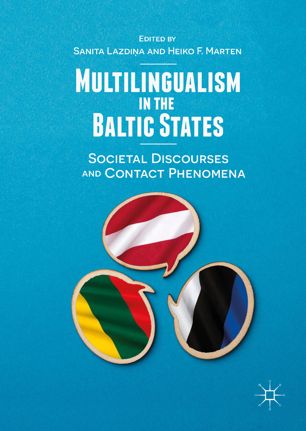

Most ebook files are in PDF format, so you can easily read them using various software such as Foxit Reader or directly on the Google Chrome browser.
Some ebook files are released by publishers in other formats such as .awz, .mobi, .epub, .fb2, etc. You may need to install specific software to read these formats on mobile/PC, such as Calibre.
Please read the tutorial at this link: https://ebookbell.com/faq
We offer FREE conversion to the popular formats you request; however, this may take some time. Therefore, right after payment, please email us, and we will try to provide the service as quickly as possible.
For some exceptional file formats or broken links (if any), please refrain from opening any disputes. Instead, email us first, and we will try to assist within a maximum of 6 hours.
EbookBell Team

4.3
8 reviewsThis edited collection provides an overview of linguistic diversity, societal discourses and interaction between majorities and minorities in the Baltic States. It presents a wide range of methods and research paradigms including folk linguistics, discourse analysis, narrative analyses, code alternation, ethnographic observations, language learning motivation, languages in education and language acquisition. Grouped thematically, its chapters examine regional varieties and minority languages (Latgalian, Võro, urban dialects in Lithuania, Polish in Lithuania); the integration of the Russian language and its speakers; and the role of international languages like English in Baltic societies. The editors’ introductory and concluding chapters provide a comparative perspective that situates these issues within the particular history of the region and broader debates on language and nationalism at a time of both increased globalization and ethno-regionalism. This book will appeal in particular to students and scholars of multilingualism, sociolinguistics, language discourses and language policy, and provide a valuable resource for researchers focusing on Baltic States, Northern Europe and the post-Soviet world in the related fields of history, political science, sociology and anthropology.